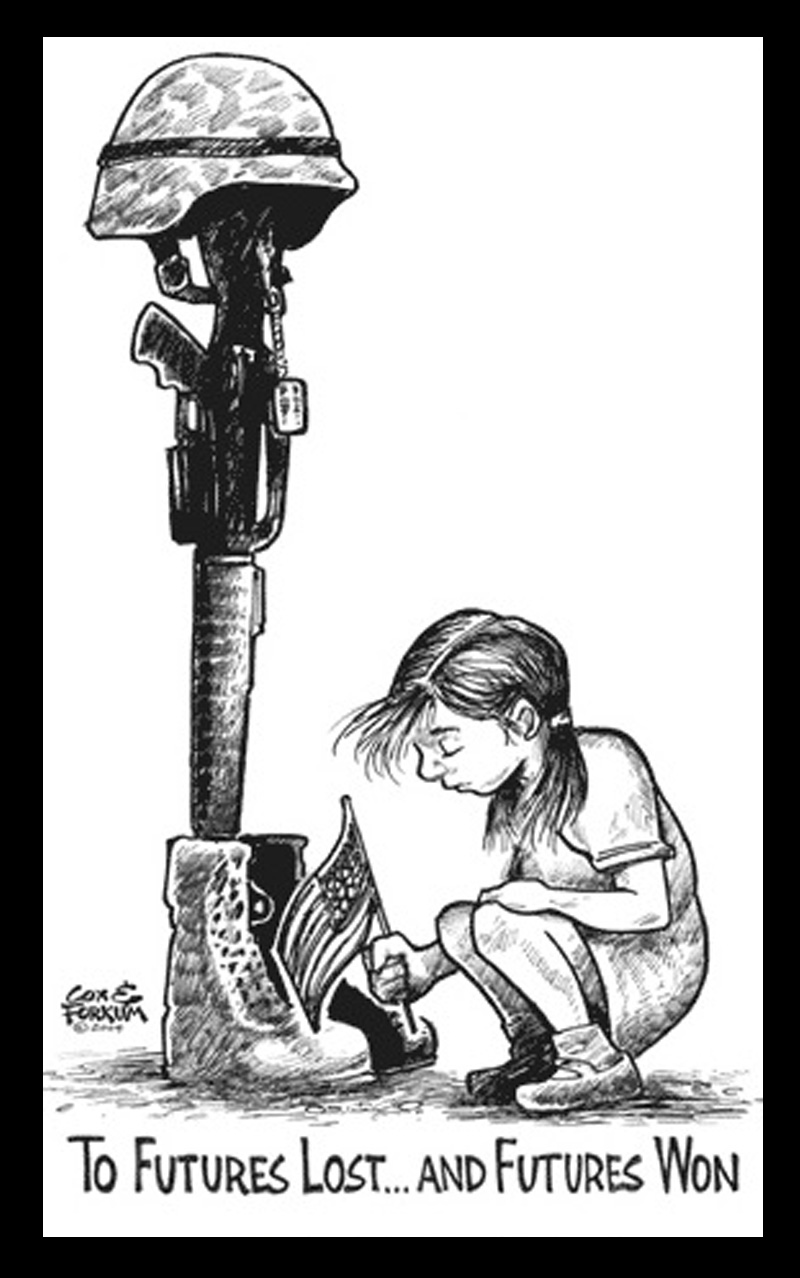
“It is foolish and wrong to mourn the men who died. Rather we should thank God that such men lived.” George S. Patton
I appreciate that the United States of America is the greatest place to live in the entire world. And making that happen has been, and will likely remain an expensive endeavor. To all of my friends and family that have served, or are serving their country – Thank You.
I left Carlsbad headed back into Texas and the first road I turned on was Potash Mine Road. Since it’s Memorial Day Weekend there didn’t seem to be too much activity, but the railroad tracks along this road had boxcars lined up for about 5 miles waiting to be loaded. What the heck is potash? I did some research, so you won’t have to:
On July 31, 1790, President George Washington signed the first patent ever issued in the United States. It was granted to Samuel Hopkins for a new process and apparatus for making potash, America’s first industrial chemical.
It’s called “potash” because in the early days, the primary source was the ashes from native hardwood trees. Potassium carbonate was extracted by leaching the ashes in big iron pots to dissolve out the soluble components. Evaporation of the solution through percolation resulted in the production of potash. Potash was used in making fertilizer, glass, soap, gunpowder and dyeing fabrics.
In the 1860s natural deposits of the chemical were discovered in dry lake alkali beds and they quit boiling ashes in pots to extract potash – but the name stuck.
Ninety-five percent of the world’s potash is used on farms to fertilize the food supply. It’s a critical ingredient that helps to improve crop yields, increase resistance to plant diseases and heighten water retention. It also has a positive effect on food color, taste and texture.
Potash is a component of feed supplements used to grow livestock and enhance milk production. It still has several industrial applications that trace their roots back to the colonial days, including glass, soap and ceramic production.
So there you have it – more than you ever wanted to know about potash, but you’re smarter now than you were 5 minutes ago – you’re welcome
The Texas plains are, in a word Flat – and very often windy. The wind wasn’t nearly as bad today as I’ve ridden through in the past and I was very happy about that. However, there still ain’t much to see out there. Besides, you should be on photo overload from yesterday’s cave post. I’m just going to leave you with the image from the beginning of this post and wish you a very happy Memorial Day.

Caught a limit of snapper yesterday. Biggest was 20 lbs. Seems appropriate that red rider should catch red snapper on his journey.
Very much enjoy reading about your travels and your photos are awsome!
Thank you, Susan